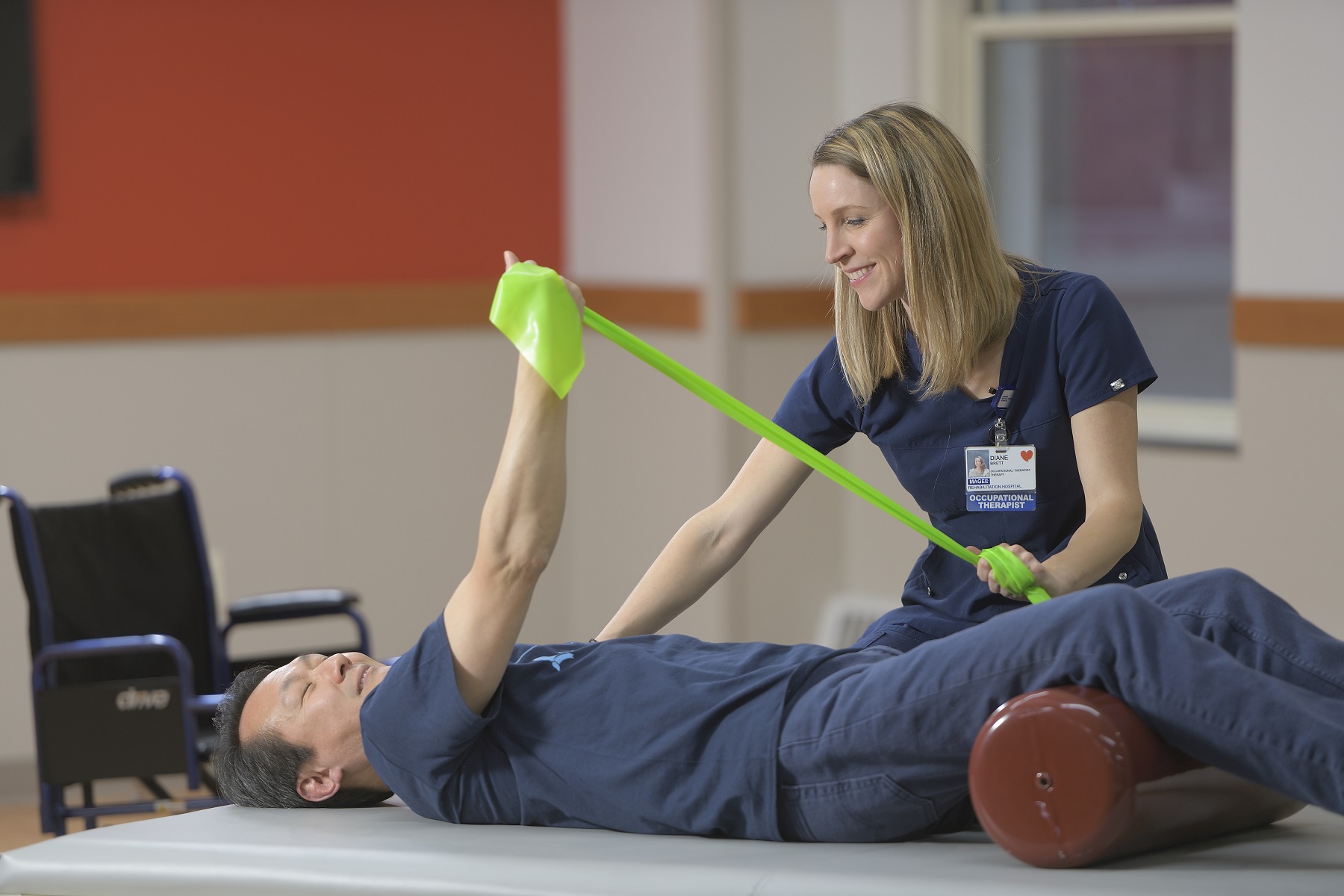Equilibrium and stability are crucial components of bodily wellness and general well-being. They play a vital role in daily activities, athletic capability, and injury avoidance. When an individual has good balance and steadiness, they are less prone to trip or incur damages during physical exercises. One efficient way to evaluate these attributes is through Practical Movement Assessment (FMS). FMS is a method used to analyze motion styles and identify discrepancies or deficiencies that could result to injuries.
Functional Motion Assessment involves a series of specific tests that assess how effectively a individual moves. The tests focus on basic movements such as squatting, lunging, and bending. By watching these movements, trainers and medical experts can identify areas where an individual may struggle. For example, if someone has difficulty maintaining equilibrium while performing a squat, it may suggest a need for specific workouts to enhance power and coordination. This evaluation not only detects deficiencies but also helps to monitor advancement over a period.

In addition to this to recognizing areas for improvement, FMS plays a vital role in preventing harm. Many injuries occur as a consequence of inadequate movement mechanics, which can be detected through practical assessments. By tackling these issues early on, individuals can reduce their risk of injury during athletic or other bodily exercises. For example, a runner who shows an discrepancy in their stride may be increasingly you could try here prone to knee injuries. By adjusting these discrepancies through targeted exercise programs, the chance of injury can be significantly decreased.
Furthermore, enhancing performance is another benefit of performing a thorough assessment of equilibrium and steadiness. Athletes and active individuals often aim to enhance their capability in particular sports or tasks. A thorough understanding of their movement patterns allows coaches to create customized training regimens that focus on specific weaknesses. By enhancing equilibrium and stability, athletes can enhance their overall performance, whether it’s jogging more quickly, jumping taller, or performing precise movements in their sport.
In summary, the significance of evaluating equilibrium and stability through Functional Movement Assessment cannot be exaggerated. This comprehensive assessment serves as a basis for enhancing physical wellness, avoiding injuries, and improving athletic capability. By identifying areas of weakness and putting into action specific exercise strategies, individuals can attain better results in their physical activities. Focusing on balance and stability not only results to better performance but also contributes to a healthier, increasingly this hyperlink energetic lifestyle.